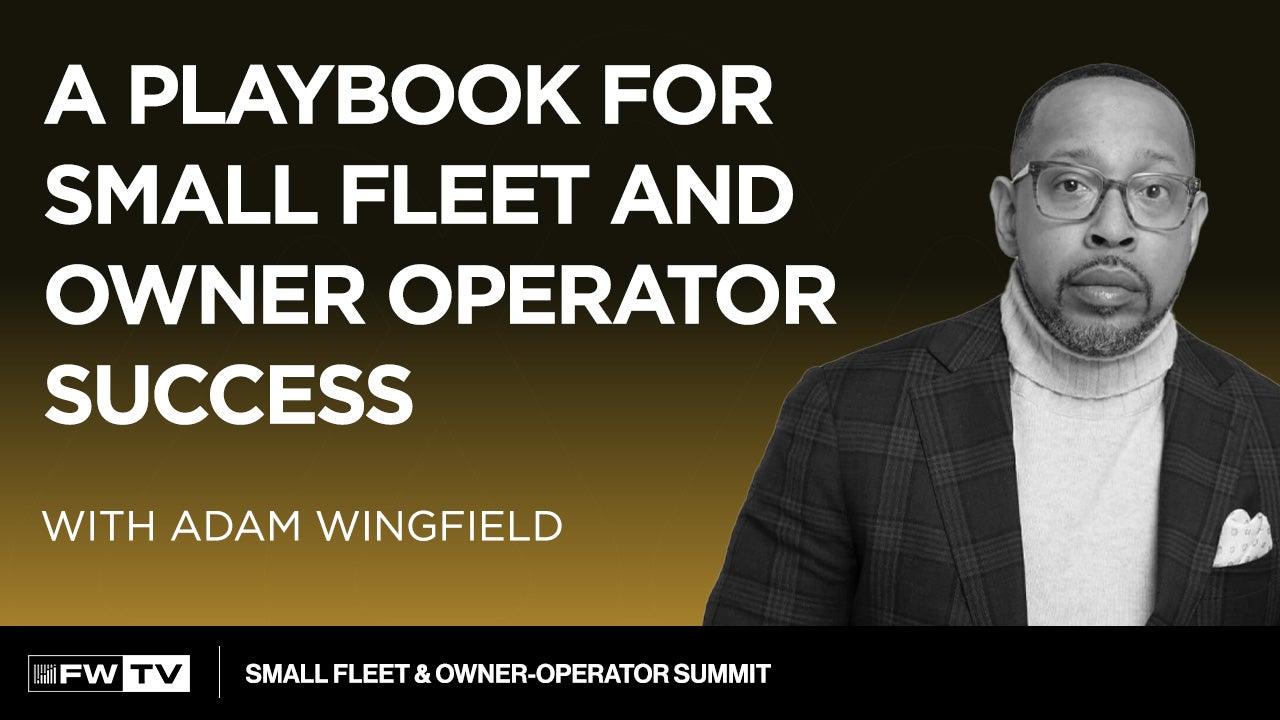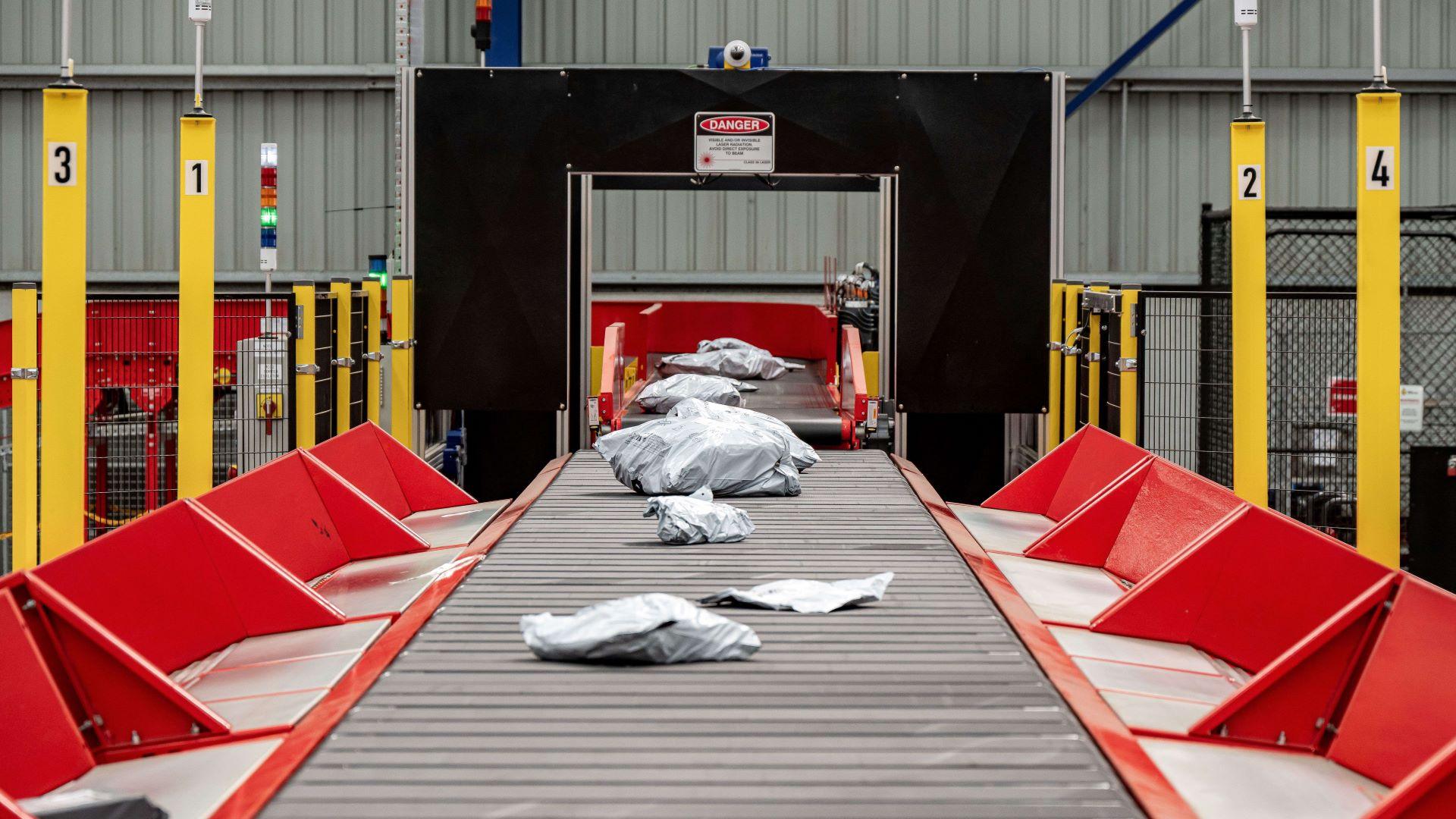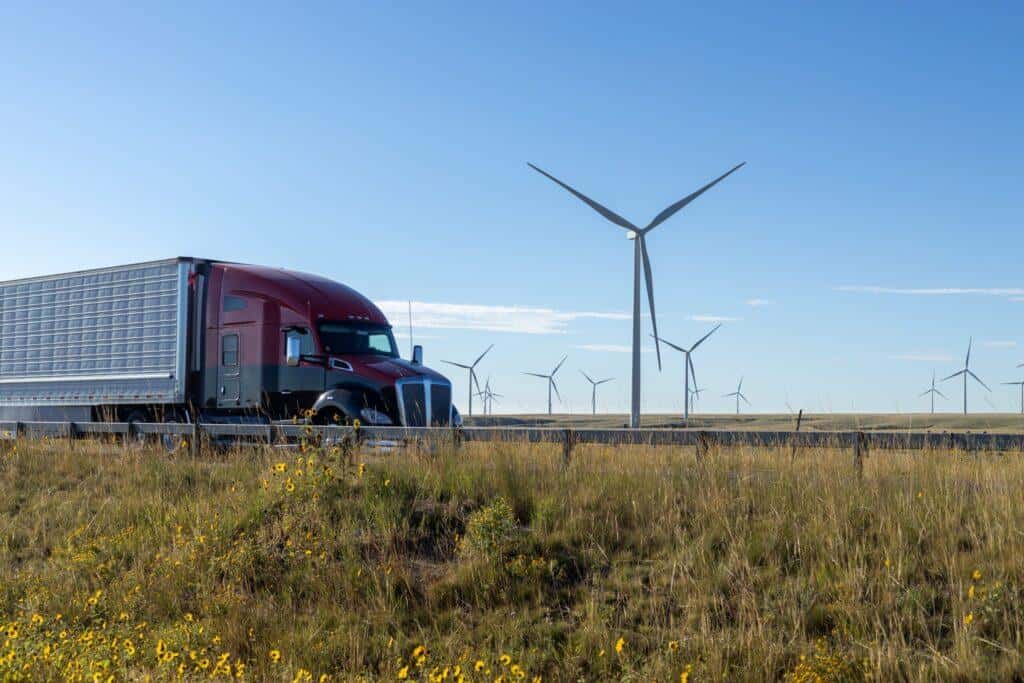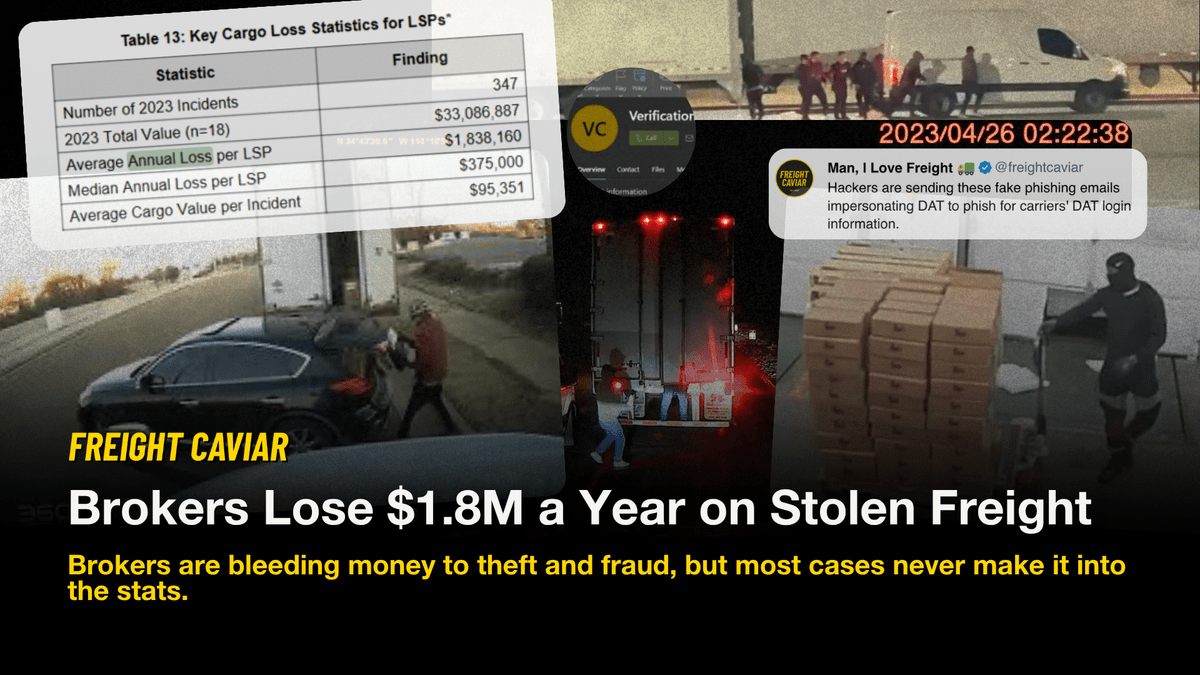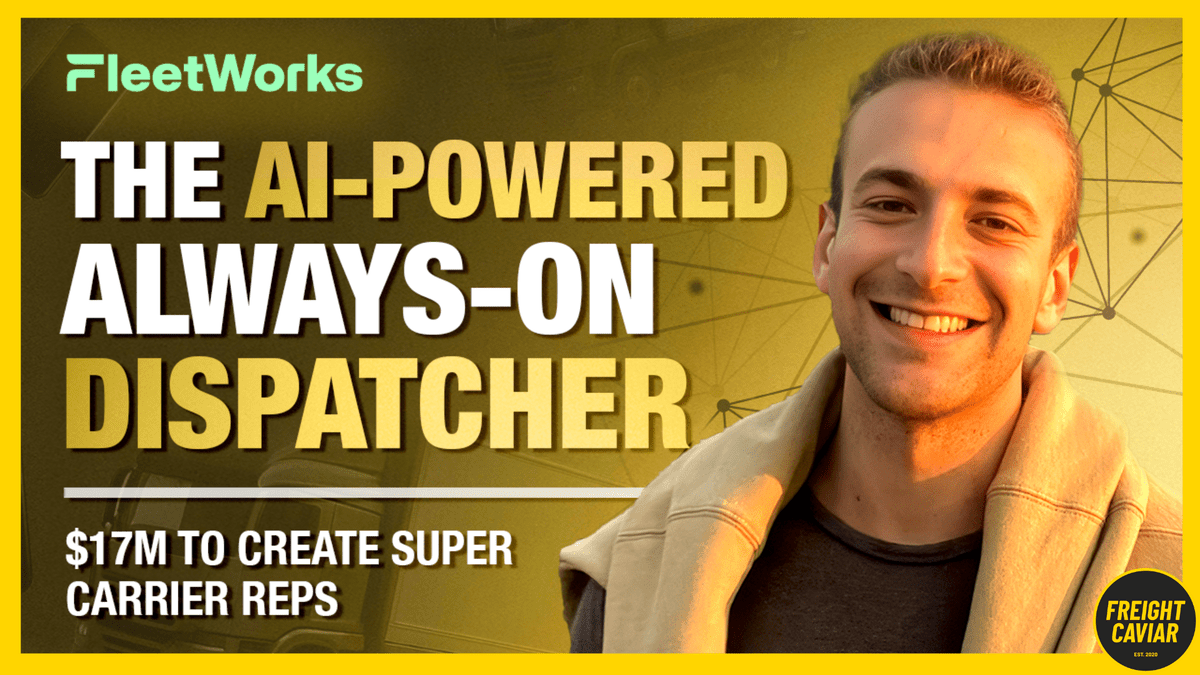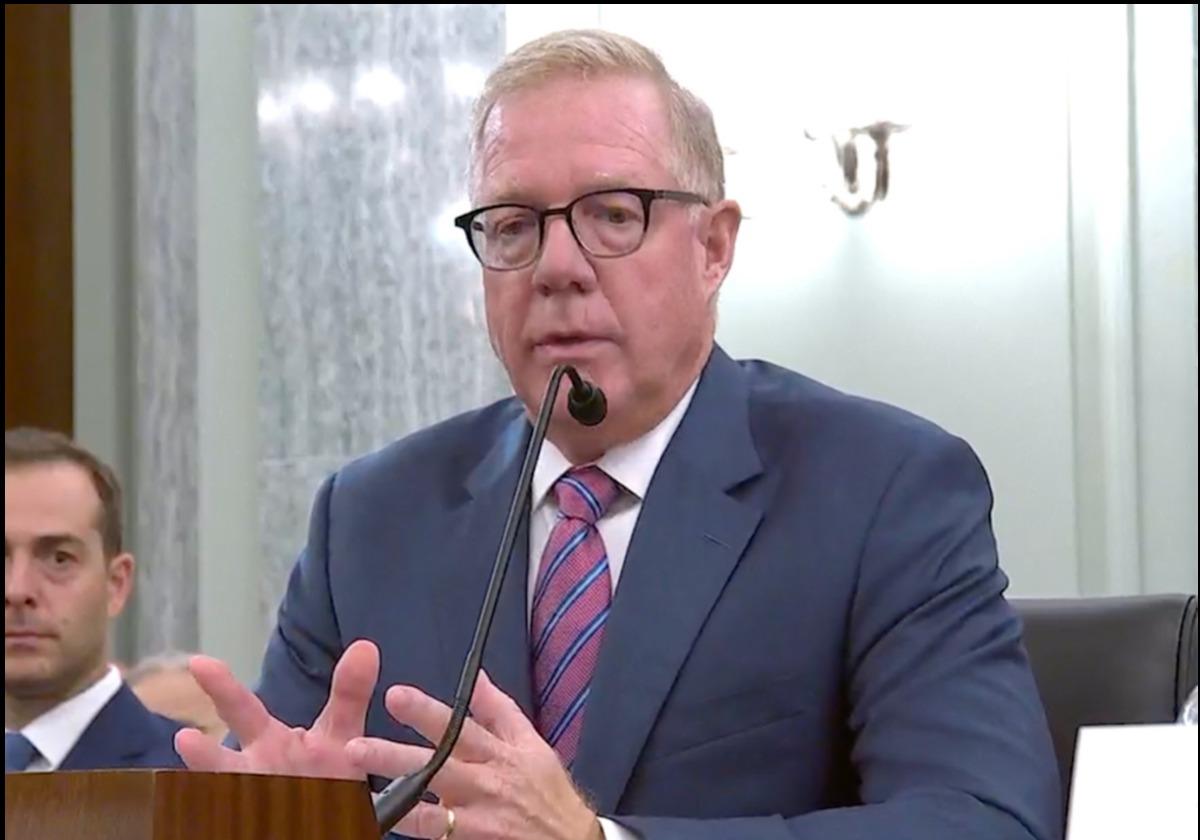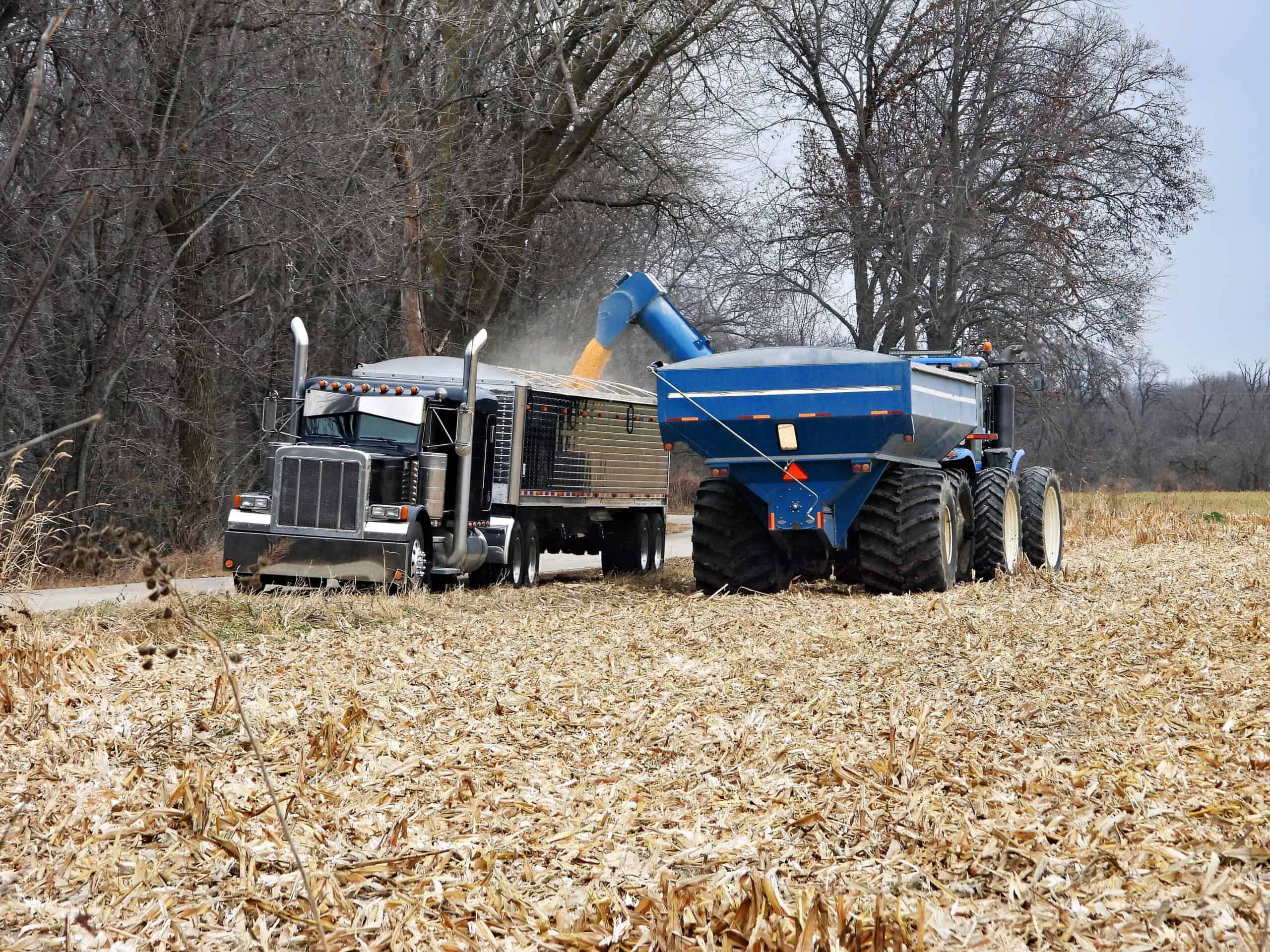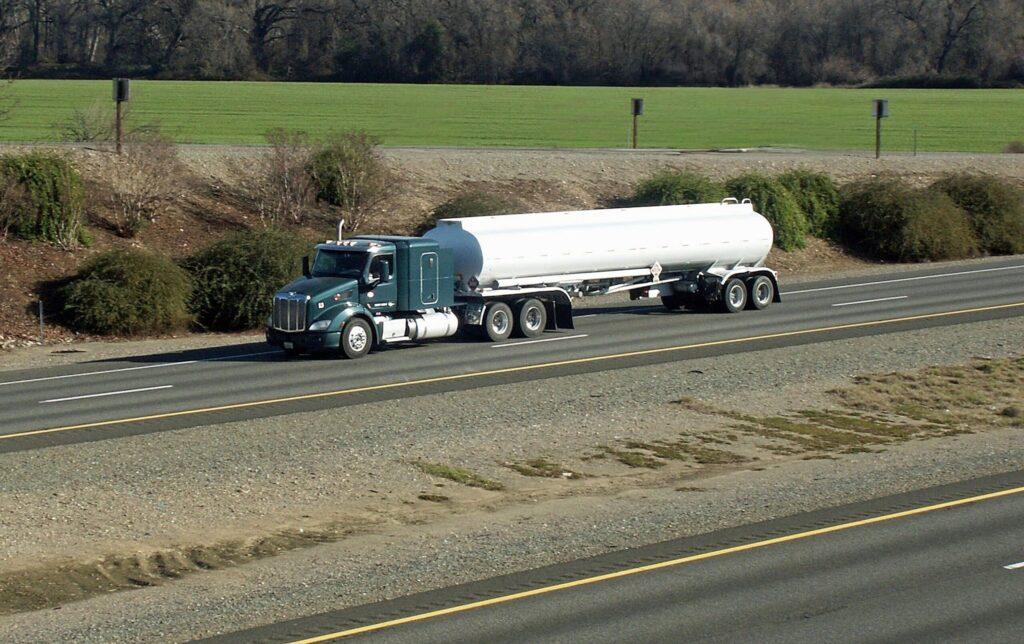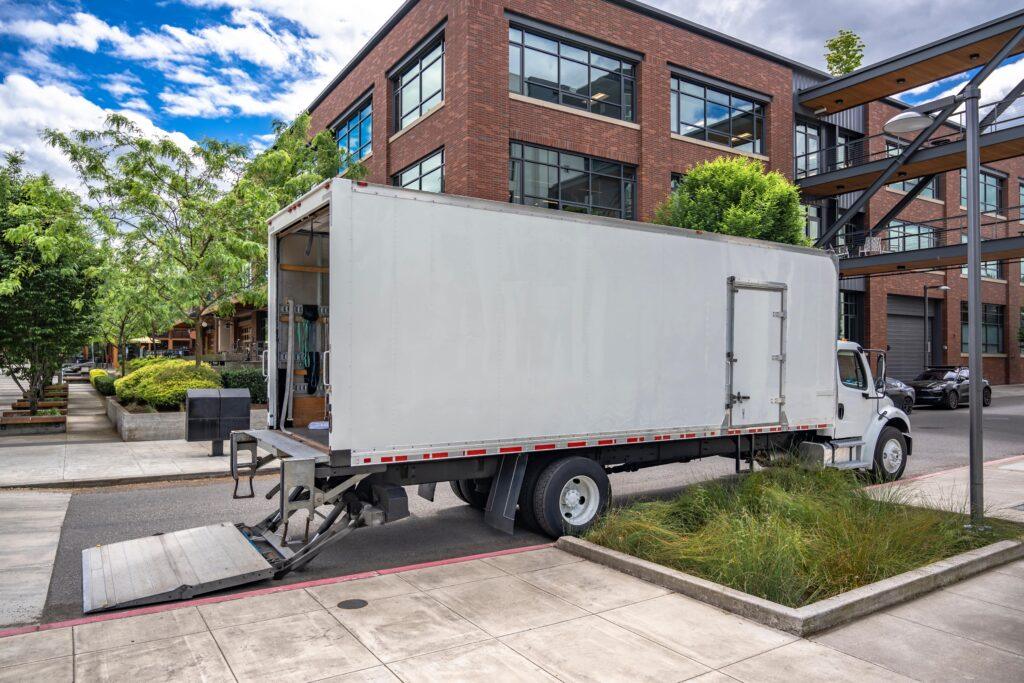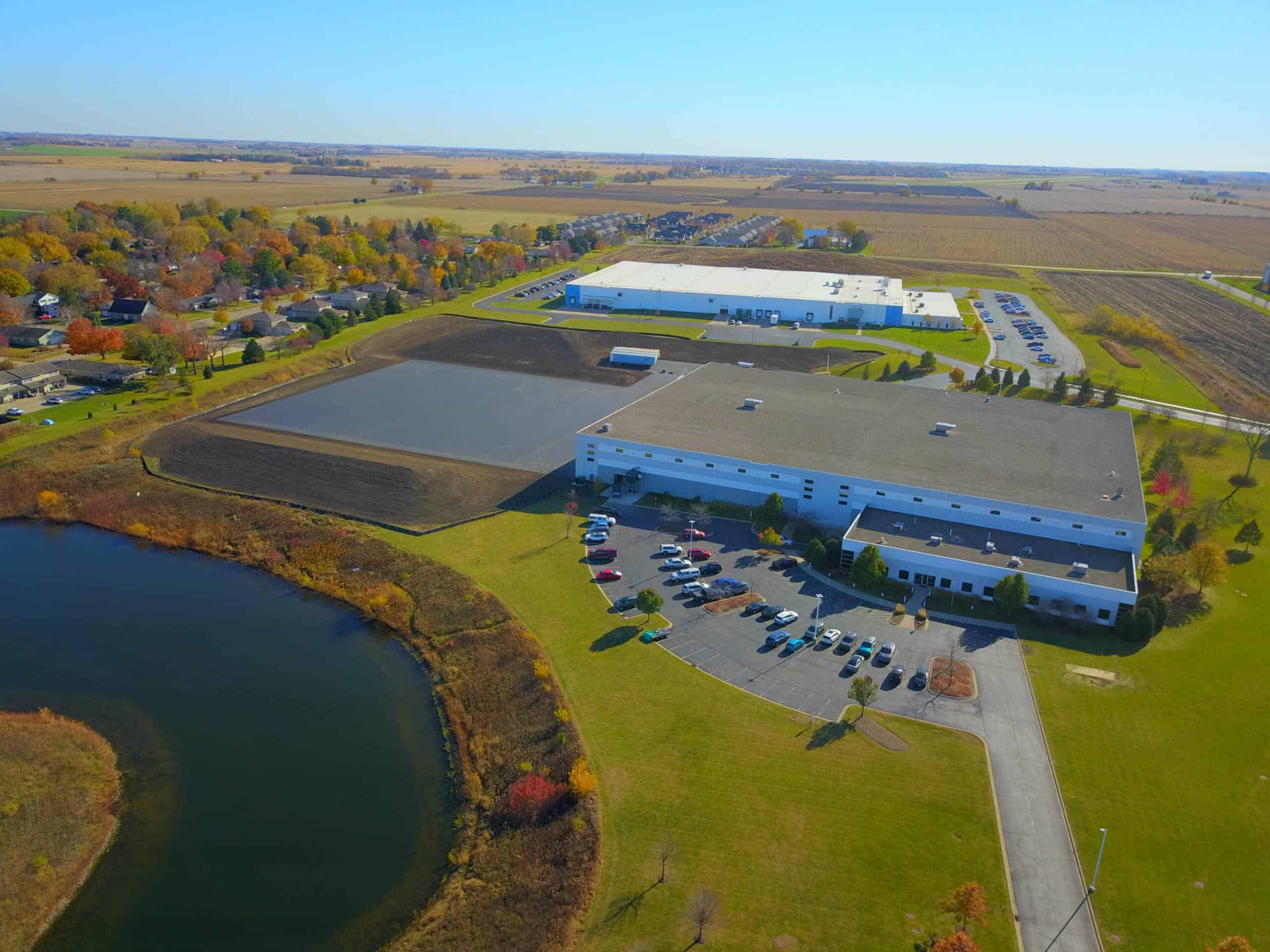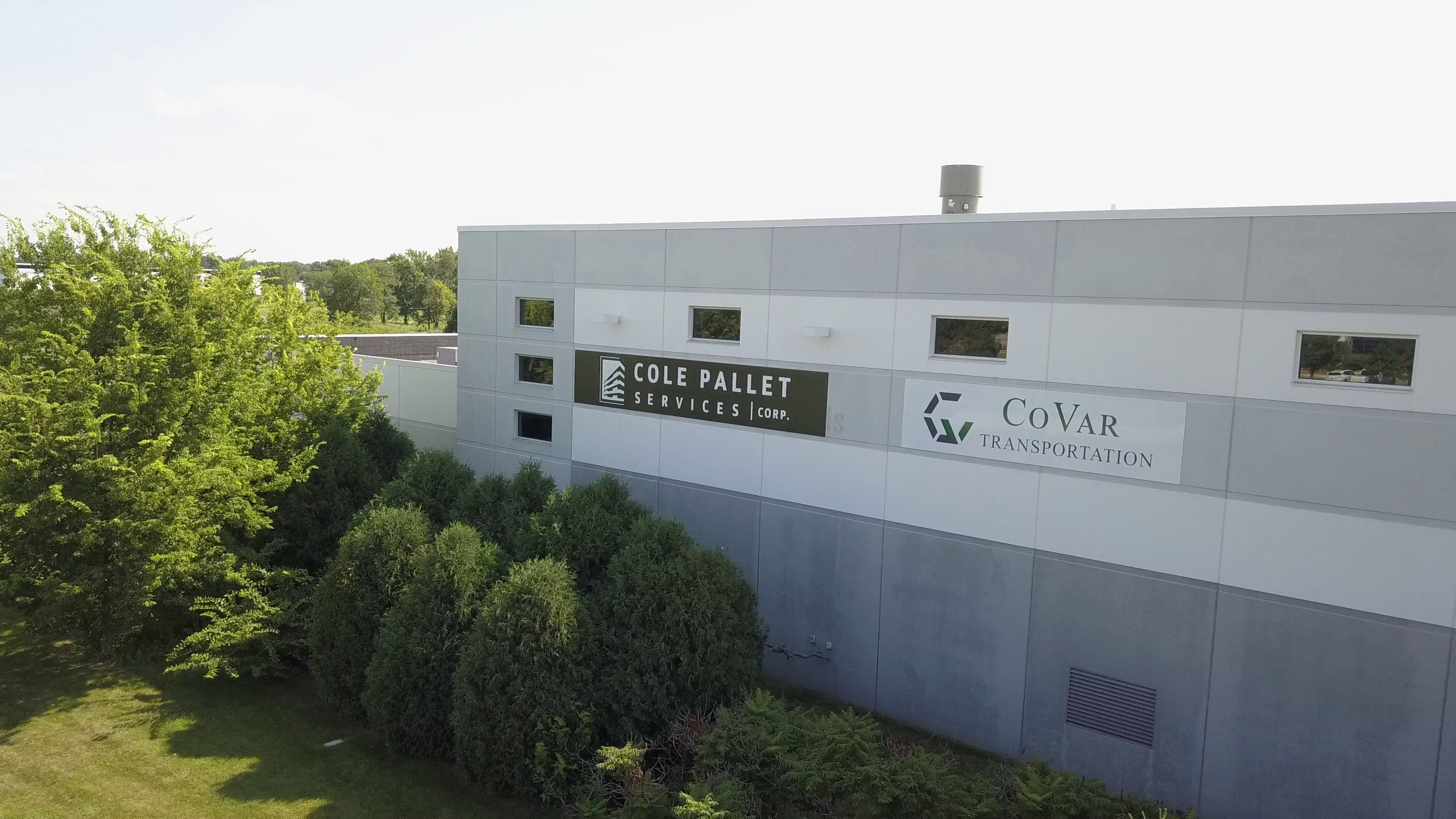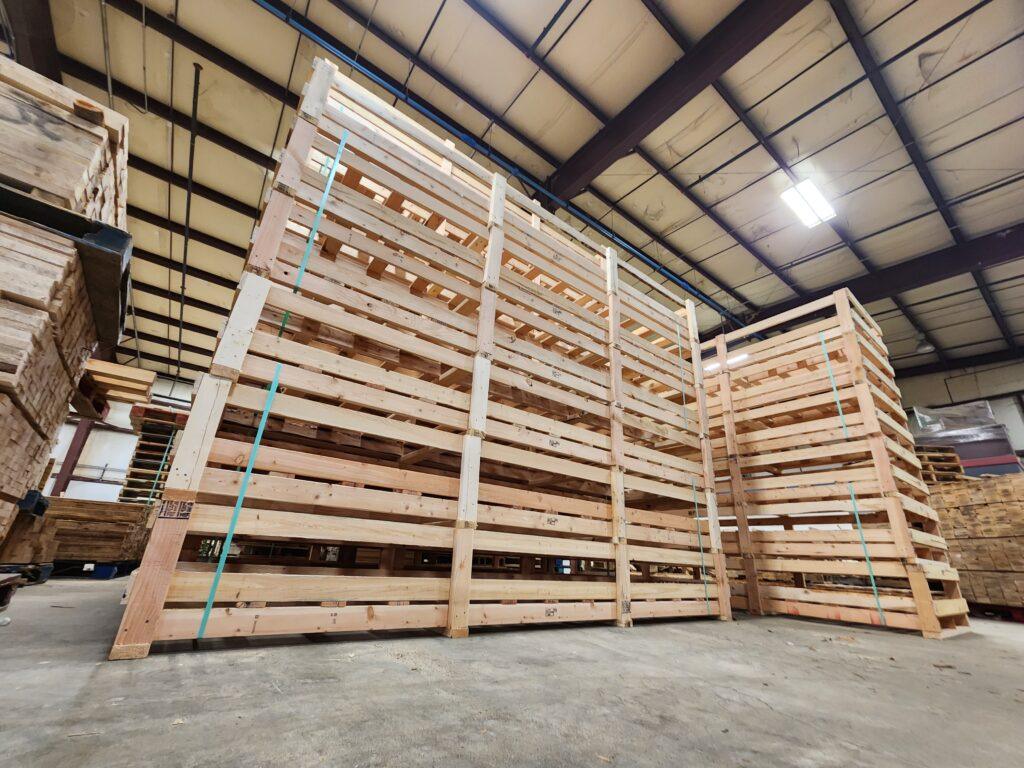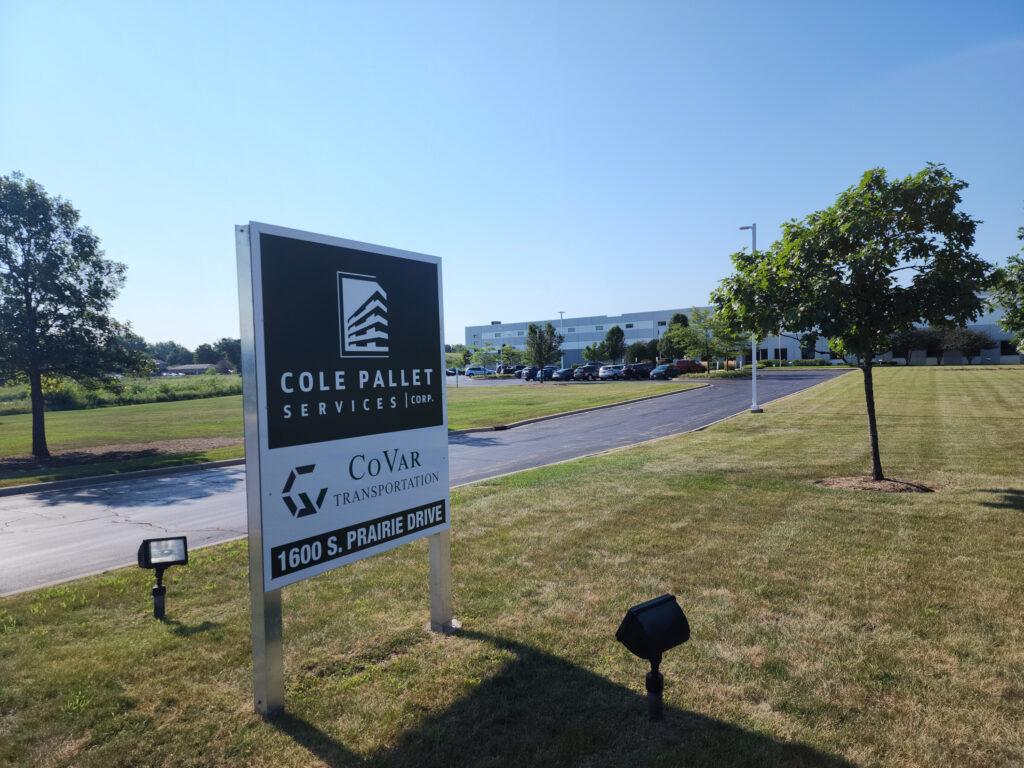This fireside chat recap is from FreightWaves’ Small Fleet & Owner-Operator Summit on Wednesday.
The trucking industry’s yearslong roller coaster ride from COVID highs to post-pandemic lows was especially impactful for smaller trucking companies. For small fleets and owner-operators, the boom then prolonged bust cycle is a central theme.
In a keynote address at the Small Fleet & Owner-Operator Summit, Adam Wingfield, founder of Innovative Logistics Group, candidly assessed the current market and provided insights for smaller players looking to not just survive but thrive in this volatile environment.
“It’s a supply-demand situation where we have excessive supply, and we have a deficit of demand,” Wingfield explained. “But we’re seeing some green shoots here and there that kind of just tell us that things might be tipping away in the right direction. At least we’re no longer in the bottom.”
However, Wingfield cautions against complacency or expecting a return to the abnormally high rates seen during the peak of the pandemic. Instead, he advocates a fundamental shift in how owner-operators and small fleet owners approach their businesses.
“There’s a difference between being a business owner and working for yourself,” Wingfield emphasized. “I think the most important thing when you’re transitioning out of being a driver into an owner-operator is that you never stop focusing on improving yourself. And what I mean by improving yourself is the role that you’re going into as an owner as a fleet owner, you are the CEO of a company. Now, you might want to marginalize your business, but I’m not going to marginalize mine.” This mindset shift from driver to business executive is crucial, he argues, for long-term success in the industry.
Central to this CEO mindset is the development of a robust business plan. Wingfield pulled no punches when discussing common pitfalls: “If you know running freight off of load boards is in your business plan, you got a bad business plan. If the way that you’re going to set your business model up is off of the leftovers … as your primary source of revenue long term, that’s not a good plan.” Instead, Wingfield advocates a strategy focused on building relationships and creating a unique value proposition.
“Short term … obviously you got to build your reputation up. You got to learn the ins and outs You got to be able to build relationships and that’s all great. But what you have to understand more importantly is that even from a broker side of things their best freight doesn’t go on a load board. Their best freight goes directly to the carriers that they have relationships with.”
Wingfield explained a good first step is building those direct broker relationships. He also stressed the importance of knowing your competition, understanding your market and being able to articulate what sets your operation apart.
Despite the challenges, he sees opportunity in the current cycle. “In down cycles, you have the opportunity of purchasing or securing your fixed cost at a lower expense,” he noted. This could mean acquiring trucks or other assets at more favorable prices. However, he also emphasized the need for flexibility: “If you got to scale back to meet the needs, you can scale back because just as you scale back, you can scale right up again.”
When it comes to FreightTech, Wingfield recommends a measured approach. “I’m a big block-and-tackle guy,” he said, emphasizing the importance of fundamentals. “The technology provides us with the tool, the tool kit, but we still have to learn when to apply those tools.” He cautioned against getting caught up in the hype of new tech solutions without first ensuring they fit the needs of the business.
To help small fleets and owner-operators put these principles into practice, Wingfield has developed in partnership with FreightWaves a comprehensive resource called The Playbook. He described it as “a resource specifically for the small fleet, the owner-operators, to have every tool that they can possibly take within their reach.” This includes business coaching, operational calculators and high-frequency SONAR data tailored to smaller operations.
As the industry looks toward recovery, Wingfield’s message is clear: Success will come to those who approach their businesses strategically, with a CEO’s mindset and a solid plan. “Having a plan … I think that’s probably the most important thing,” he said.
The post SFOO Summit: Navigating the trucking downturn – Adam Wingfield’s Playbook for Success appeared first on FreightWaves.
